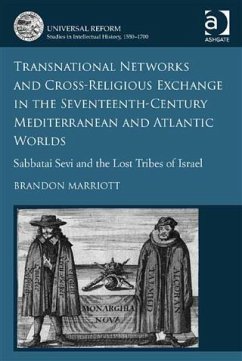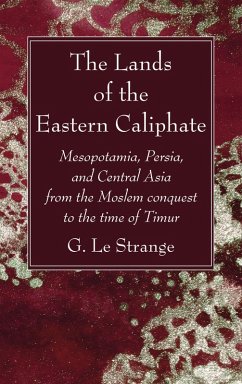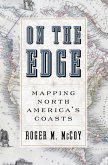In 1644, the news that Antonio de Montezinos claimed to have discovered the Lost Tribes of Israel in the jungles of South America spread across Europe fuelling an already febrile atmosphere of messianic and millenarian expectation. By tracing the process in which one set of apocalyptic ideas was transmitted across the Christian and Islamic worlds, this book provides fresh insight into the origin and transmission of eschatological constructs, and the resulting beliefs that blurred traditional religious boundaries and identities.Beginning with an investigation of the impact of Montezinoss narrative, the next chapter follows the story to England, examining how the Quaker messiah James Nayler was viewed in Europe. The third chapter presents the history of the widely reported - but wholly fictitious - story of the sack of Mecca, a rumour that was spread alongside news of Sabbatai Sevi. The final chapter looks at Christian responses to the Sabbatian movement, providing a detailed discussion of the cross-religious and international representations of the messiah. The conclusion brings these case studies together, arguing that the evolving beliefs in the messiah and the Lost Tribes between 1648 and 1666 can only be properly understood by taking into account the multitude of narrative threads that moved between networks of Jews, Conversos, Catholics and Protestants from one side of the Atlantic to the far side of the Mediterranean and back again. By situating this transmission in a broader historical context, the book reveals the importance of early-modern crises, diasporas and newsgathering networks in generating the eschatological constructs, disseminating them on an international scale, and transforming them through this process of intercultural dissemination into complex new hybrid religious conceptions, expectations, and identities.
Dieser Download kann aus rechtlichen Gründen nur mit Rechnungsadresse in A, B, BG, CY, CZ, D, DK, EW, E, FIN, F, GR, HR, H, IRL, I, LT, L, LR, M, NL, PL, P, R, S, SLO, SK ausgeliefert werden.









